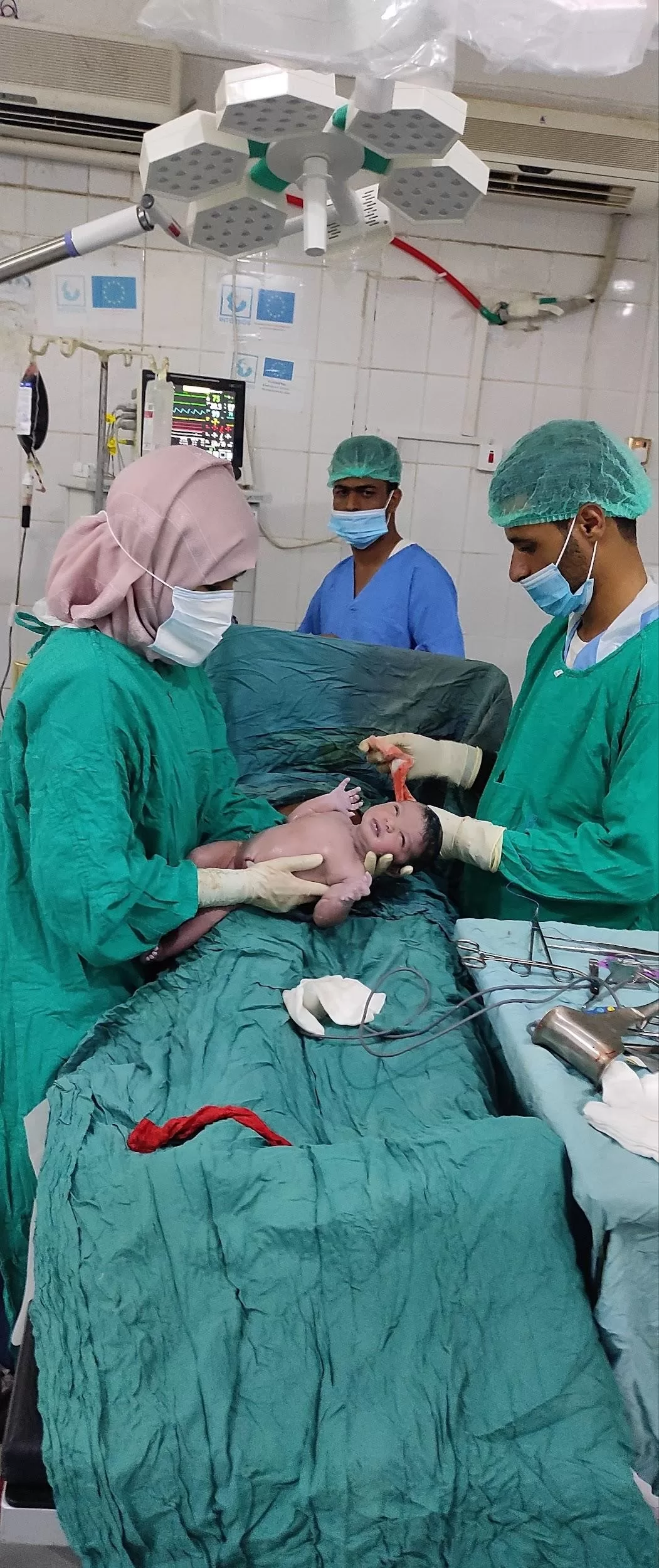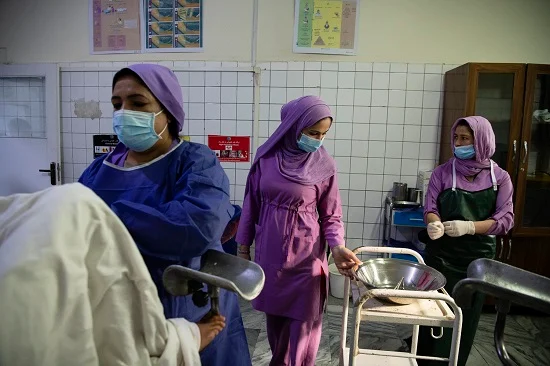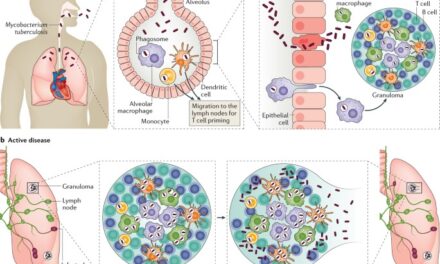
19 September 2023
In order to expedite the ongoing efforts to reduce maternal, newborn, and child mortality rates in the WHO South-East Asia Region, a gathering of health experts and officials convened today to discuss strategies and interventions. These discussions aim to address existing gaps in the provision of quality and equitable healthcare services for all individuals, regardless of their location.
Dr. Poonam Khetrapal Singh, the Regional Director of WHO South-East Asia, emphasized the need for a tailored approach to further decrease maternal, newborn, and child mortality rates. This approach would take into account specific contextual priorities, available resources, and the latest WHO guidelines and standards.
During the four-day Regional meeting, which focuses on ‘Sustain, Accelerate, and Innovate strategies’ for reducing maternal, newborn, and child mortality, participants including national and subnational program managers, experts, collaborating centers, partner agencies, and WHO officials will not only assess the current situation but also contribute to the development of a regional strategy to enhance newborn and child health.
Despite an increase in regional averages for evidence-based high-impact interventions in Reproductive, Maternal, Newborn, Child, and Adolescent Health (RMNCAH) over the past decade, these interventions have yet to reach universal coverage levels of 90% or higher. Some key indicators, such as 65% of women receiving post-natal care within two days after giving birth and less than half of newborns being breastfed within the first hours of birth, have shown little improvement over time.
Crucial data on the implementation of essential newborn care practices, like skin-to-skin contact in the first hour after birth, is lacking. Additionally, coverage of life-saving oral rehydration salts for children with diarrhea remains low at 55%, and only 64% of children with suspected pneumonia receive care from a healthcare provider.
Furthermore, challenges persist due to the high burden of diseases and deaths in children resulting from factors like birth defects, disabilities, climate change, and pandemics.
Dr. Khetrapal Singh stressed the importance of not only maintaining gains in achieving high coverage of intervention packages but also exploring innovative solutions to accelerate actions. These actions are focused on bridging service delivery gaps and improving the quality and coverage of interventions, including intrapartum care, breastfeeding, care for preterm and low birth weight infants, and birth defect prevention.
Since 2014, the Region has concentrated its efforts on reducing maternal, newborn, and child mortality, making it a flagship priority. This focus has led to a significant reduction in death rates. For instance, maternal mortality in the Region decreased by 41%, compared to a global reduction of 12% between 2010 and 2020. Seven countries have already achieved the target of fewer than 140 maternal deaths per 100,000 live births.
Under-5 mortality also saw a 45% reduction between 2010 and 2021, outpacing the global reduction of 26%. Five countries achieved the Sustainable Development Goal (SDG) target of as low as 25 deaths per 1000 live births, while four others are on track for this target.
Newborn mortality nearly halved, with the Region recording a 40% reduction compared to a global drop of 22% during the same period. Five countries have achieved the SDG target for neonatal mortality, while four others are on track to achieve this target by 2030.
Dr. Poonam Khetrapal Singh emphasized the need for a shift towards a life-course approach that encompasses not only survival but also the thriving and fulfillment of potential for both women and children.
She highlighted the importance of adopting a universal health coverage approach, which involves strengthening primary healthcare to cover the full range of essential health services. This ensures that quality, safe, and affordable healthcare is available when and where it is needed, without causing financial hardship.
Recently, WHO released new guidelines and global quality standards for newborn and child health, focusing on postnatal care, standards for preterm and low birth weight infants, and Kangaroo Mother Care. These guidelines are aimed at reinforcing national plans to improve health services at all levels of care.
Dr. Khetrapal Singh reaffirmed WHO’s commitment to collaborating with countries to implement policies that reduce maternal, child, and newborn mortality, ensuring that every mother not only survives childbirth but also thrives along with her children, leading healthy and productive lives.











